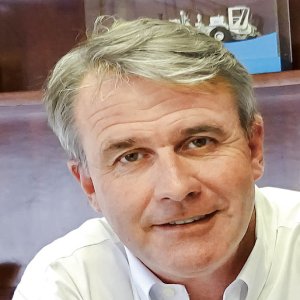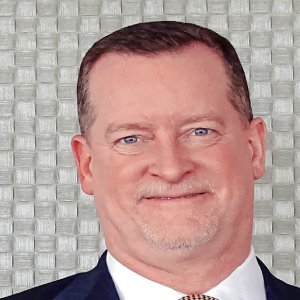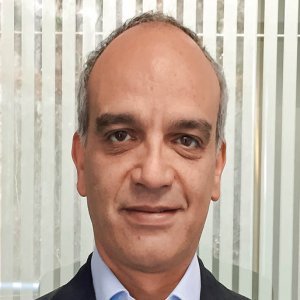New Maritime Management in the Gulf of Mexico

STORY INLINE POST
Q: How has your company evolved in the last year, and what challenges have you faced and overcome along the way?
A: We had an interesting and challenging year due to the new payment protocols and the new technology that our clients are demanding. The main obstacle has been the changes in policy that allows payments to be made in terms of 180 days, and although this was just announced in November 2015, it has already been implemented. It has been challenging for us because we are accustomed to a payment delay of 30 to 90 days, but not of 180 days without notice. As a company, we had to learn to overcome this situation and we ended up being one of the few businesses still under contract for seismic services last year. Our clients were also demanding a change in logistics due to the fact that different types of new technology were being brought to Mexico. One of them is based on seabed surface recognition, and its cables are laid directly on the seabed to analyze the components underneath. We had to do this in a high-traffic density area in Campeche, and we provided personnel that were involved in the dayto-day logistics to help with this new stumbling block.
Q: Is OH Maritime considering potential clients that are carrying out multi-client services in the Gulf of Mexico with the authorization of CNH?
A: We are definitely looking into those players. In fact, one of the companies that already have CNH authorizations is a client of ours, CGG, which uses our consulting services. At the moment, the industry is not yet in a position where there is a great demand or need for seismic studies, as it is still dependent on contracts for the Round Zero reservoirs, of which PEMEX retained about 80% of the sites that have to be explored, and some of them require an update on seismic data. R1-L04 is going to be interesting for our clients because it will auction areas that have not yet been tapped into, and this means that these areas must see investment before exploration wells are developed.
Q: How can you take advantage of being able to follow and comply with PEMEX’s complex requirements to stay ahead of the competition?
A: There are few companies in Mexico that can fulfill the financial, technical, and human capital criteria that is demanded by our clients, some of which have even higher standards than PEMEX. Most of the international companies that carry out seismic services on a large scale are public companies from the US and Europe, which have a level of compliance that is much higher than what PEMEX requires. Preparing our first bidding proposal was a challenge, but fortunately, our successful compliance has provided us many references from other companies that want us to offer the same services. This is our competitive advantage, and although we would like to inform more clients about our services, we provide a niche service in a narrow market. Therefore, our references generally come in the form of word of mouth. Last year, we started working with Seabed Geosolutions, a joint venture between CGG and Fugro, who was looking for a reliable partner with knowledge on compliance because the seismic industry is relatively dynamic.
Q: What kind of services do you expect to provide in activities in the Gulf, and which of these services do you expect will experience the most demand in the coming years?
A: One of the main services that the operators will need is reliable port agency services that are able to maintain communication while offering cost-effective practices across all operations because the seismic market is depressed. In order for port operations to maintain stability, there is a need for talented port agents. These operators are demanding more of these services in general, and looking for Mexican suppliers that can provide quality services. We have a port agency license and our objective is to improve and increase our operations in the ports of Coatzacoalcos and Tuxpan, which have a high demand for services. Operators will also be demanding legal advisory services, as foreign personnel requirements are always being reviewed. These players want to start operations in Mexico and they want to know if they can become a local company, establish a permanent branch, and the terms and conditions for having foreigners in the contract.























